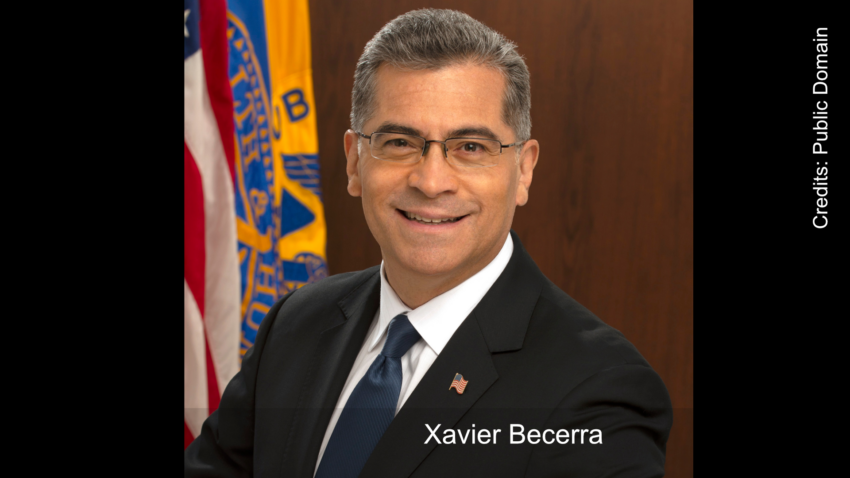The Supreme Court has chosen not to intervene in a legal battle between federal emergency care requirements and Texas’ stringent abortion laws. This decision leaves unresolved questions about whether doctors in states with severe abortion restrictions are obliged to provide abortion care in emergencies. The Biden administration’s appeal was turned down, maintaining a lower court’s decision against enforcing federal guidance that mandated hospitals to perform emergency abortions if a mother’s health was at risk.
Key Takeaways:
- Supreme Court Declines to Intervene: The Supreme Court has chosen not to step into a legal conflict between Texas’ strict abortion laws and federal emergency care mandates, leaving key legal questions unresolved.
- Biden Administration’s Appeal Rejected: The court turned down an appeal from the Biden administration, which sought to enforce federal guidance requiring hospitals to perform emergency abortions when a mother’s health is at risk.
- Federal vs. State Authority: The case highlights the tension between federal law, which aims to protect emergency medical treatment (including abortion), and state laws like Texas’ that significantly restrict abortion access.
- Ongoing Legal Uncertainty: With no ruling from the Supreme Court, hospitals and doctors in states with strict abortion laws face uncertainty over their legal obligations when it comes to emergency abortion care.
The federal guidance, issued by the Department of Health and Human Services in July 2022, stated that federal law preempts state laws that do not allow exceptions for the life and health of a mother. This guidance aimed to ensure hospitals receiving Medicare funding comply with the Emergency Medical Treatment and Labor Act (EMTALA), which mandates stabilizing treatment for patients in emergency medical conditions, including abortions.
The case has stirred significant legal debate, as seen in similar situations like the Idaho case, where the Supreme Court opted not to intervene prematurely. The Idaho ruling temporarily blocked the state’s enforcement of its abortion ban in cases necessary for preserving a mother’s health. However, the Texas case presented another chance for the court to clarify whether federal law should take precedence over state restrictions, but the justices decided not to weigh in.
The controversy began when Health and Human Services Secretary Xavier Becerra informed hospitals that federal law requires them to provide necessary treatment for pregnant patients in emergencies, including abortions. This guidance followed the Supreme Court’s overturning of Roe v. Wade, which allowed states to set their own abortion laws. Many states, like Texas, have since enacted laws severely restricting abortion access.
Despite the federal guidance, Texas filed a lawsuit against the Biden administration, arguing that the secretary had overstepped his authority. A federal district court sided with Texas, blocking the guidance and ruling that hospitals cannot be forced to provide abortions under certain medical emergencies if it violates state law. The U.S. Court of Appeals for the 5th Circuit upheld this decision, emphasizing that EMTALA does not govern medical practice, which falls under state jurisdiction.
The lack of a Supreme Court decision means the legal uncertainty continues, leaving hospitals and doctors in a challenging position when determining the legality of providing emergency abortions. This ongoing legal tension underscores the broader national debate over abortion rights and the balance between state and federal authority.

